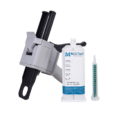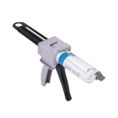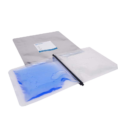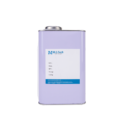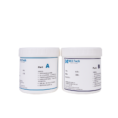Fluorosilicone resins
Fluorosilicone resins are specialized materials that combine the advantageous properties of silicone and fluorocarbon chemistries. This unique combination provides them with enhanced chemical resistance, thermal stability, and weatherability, making them highly valuable in various demanding applications. Below are the advantages and application areas of fluorosilicone resin:
Applications in Electronics
- Protective Coatings:
- Used as conformal coatings to protect electronic circuits from moisture, chemicals, and temperature extremes.
- Common in aerospace, automotive, and marine electronics.
- Encapsulation and Potting:
- Encases sensitive electronic components to provide mechanical protection and insulate them from environmental stress.
- Seals and Gaskets:
- Utilized in seals and gaskets for devices that must operate in chemically aggressive or high-temperature environments, such as fuel sensors.
- Thermal Management:
- Acts as a heat-resistant binder or matrix material in thermal interface products.
- Adhesives:
- Serves as a strong adhesive for bonding electronic components, especially when chemical and temperature stability is required.
- Cable and Connector Insulation:
- Provides durable and flexible insulation for wiring and connectors used in high-performance systems.
- Sensors and Actuators:
- Utilized in components exposed to fuels, oils, or extreme environmental conditions, such as automotive or industrial sensors.
- Wearable Electronics:
- Used in wearable devices due to its skin compatibility and durability under stress and sweat exposure.







